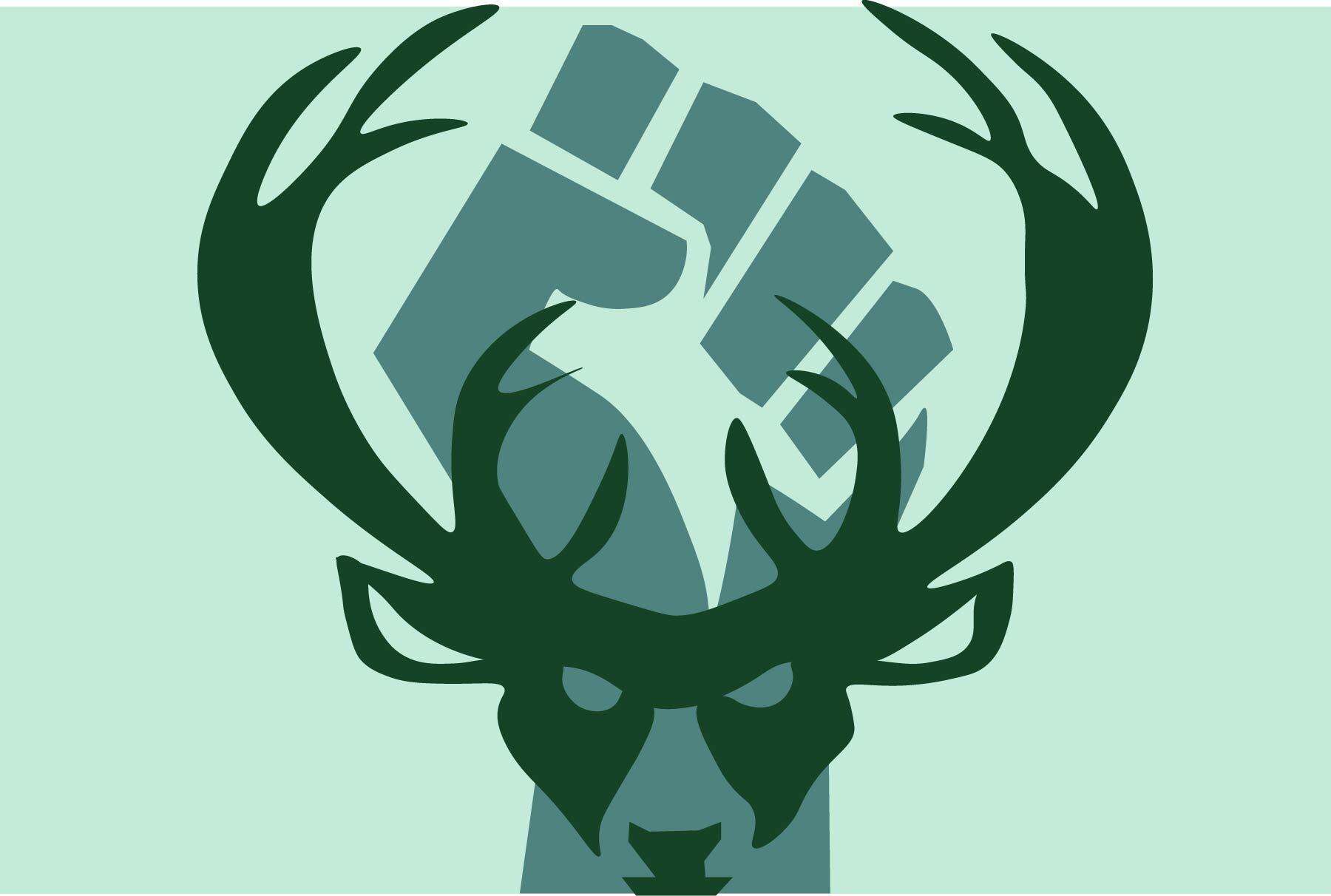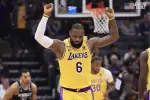It’s safe to say that America is a mess right now. In a time accompanied by a raging pandemic, strikes against devastating racial injustices almost every week and a president who doesn’t believe in reality, things look pretty grim. But if I’ve learned anything from my short time on Earth so far, it’s that the lowest of times are often the catalysts for some of the highest human moments.
Over the past few months, these moments have been bountiful. People have stepped up socially and politically in numbers that the U.S. has hardly seen before. With ongoing protests, petitions and promises to vote in the upcoming election, the country hints at its potential in terms of social change. However, it goes without saying that there is still a long way to go.
With all of this in mind, it might seem strange to turn to sports when there are a million other things to worry about. But the truth of the matter is that sports are political and athletes have always been, even if subtly, instigators of social movement. That’s why it comes as no surprise that amid the widespread surge of activism are professional teams and athletes using their platforms to make waves in the political realm.
Many are familiar with NFL player Colin Kaepernick’s decision to kneel in protest of racial injustice during the National Anthem in 2016. While athletes and fans sporadically voiced their support, his action received fervent backlash from the unfortunate mass of Americans uncomfortable with anyone willing to challenge the status quo.
More recently, however, a series of protests by members of the professional sports community spread like wildfire in response to the shooting of Jacob Blake, an incident that yet again exemplifies the systematic racism of America and its constant manifestation through police brutality. The strikes began when the National Basketball Association’s Milwaukee Bucks refused to participate in their scheduled match against the Orlando Magic on Aug. 26.
The Orlando Magic quickly followed suit, along with the Los Angeles Lakers and the Clippers.
With so many major teams withdrawing from the series, the NBA was forced to postpone a handful of games, proving the power of the players. The league had no choice but to listen, hold emergency meetings and consider canceling the season until further notice.
The Bucks players released a statement expressing their concern that continuing to play would take focus away from the human rights issues that should be sitting uncomfortably at the forefront of everyone’s minds.
“Over the last few days in our home state of Wisconsin, we’ve seen the horrendous video of Jacob Blake being shot in the back seven times by a police officer in Kenosha, and the additional shooting of protestors,” the Bucks players explained. “Despite the overwhelming plea for change, there has been no action, so our focus today cannot be on basketball.”
The news of the strikes almost immediately resulted in an influx of protests among other leagues and sports. Major League Baseball postponed several games after the Milwaukee Brewers refused to play in their game against the Cincinnati Reds, and Major League Soccer canceled five of their six upcoming matches as well. Tennis star Naomi Osaka, in agreement with the Bucks’ statement, decided to drop out of the WTA Western & Southern Open semi-finals.
“As a Black woman I feel as though there are much more important matters at hand that need immediate attention, rather than watching me play tennis,” Osaka explained in a post on Twitter. “I don’t expect anything drastic to happen with me not playing, but if I can get a conversation started in a majority white sport I consider that a step in the right direction.”
Least surprising of all was the Women’s National Basketball Association’s involvement in the strikes. While the NBA made headlines and received credit for making history, the WNBA has been speaking out about police brutality and a variety of other social issues all along — a fact that must be acknowledged.
An article on Slate describes the WNBA as the “moral center of basketball,” explaining that the league’s players have never hesitated to use their star status for more than just basketball, even if that means getting fined huge sums of money for breaking contract rules. Before the most recent strike, many players had expressed concern about returning to play long before their current season even started, worried, as others have said, that resuming professional sports would distract people from the far greater issues needing to be addressed. But the WNBA’s cancellation of games poses a far worse impact on the players’ lives than it does for those of the NBA.
Nneka Ogwumike, a forward on the Los Angeles Sparks and the head of the WNBA’s player’s union, explained in an interview with ESPN the reality of the situation. “When we talk about playing and not playing, the implications that has on a female basketball player [relative to] a male basketball player are dire,” said Ogwumike. “[…] We’re trying to also figure out what actionable items can come out of this because we stand in solidarity with our brethren.”
Regardless of which league can be credited with what, the decisions made by these players and teams will have positive effects for years to come.
A joint statement made by the NBA and the NBPA promised to create a “social justice coalition” that focuses on “increasing access to voting, promoting civic engagement and advocating for meaningful police and criminal justice reform,” as well as transforming NBA facilities into safe voting locations for the 2020 presidential election. While the responses to other leagues’ strikes have not yet been released, this initial step seems like a good place to start.
If nothing else, the decisions of these players and the risks that many are willing to take illustrate the power of unity and the capability that humankind has to elevate one another in times of seeming weakness. And although these recent events should inspire and uplift the masses, we can’t rely on only the athletic superstars to change the world. They just got the ball rolling.

















